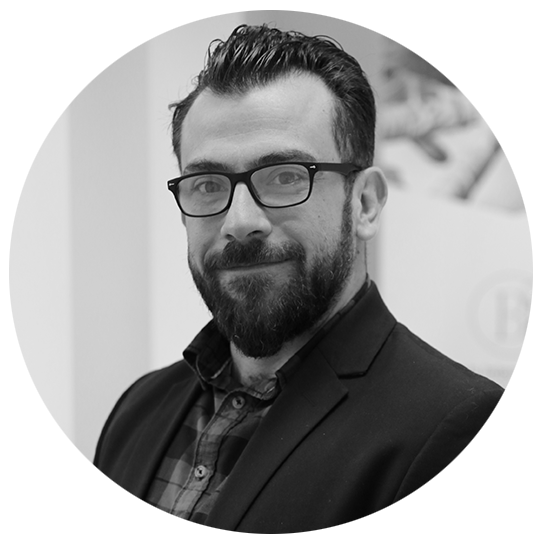‘In the Age of Disruption: Finding New Paradigms’ – Day 3
The new century has not only drained in a dramatic current of changes, but the rate of these changes in global affairs has also increased in a rapid pace. Conflicts are now cascading over each other, with multiple layers and external/internal dynamics. So much so that even the first decade of the new century hardly resembles the contemporary landscape of the past six or seven years. As Robert Kagan argues, the new world order is characterized by a “systemic economic stresses, growing tribalism and nationalism, and a general loss of confidence in established international and national institutions.” The final day of the 2018 Medays Forum brought these issues to the fore, building off of the discussions of the previous two days, and taking a more forward looking view to the themes that have been discussed.
With the raise of nationalism, the EU is facing a host of political and economic challenges. The first panel entitled ‘EU: What New Momentum in a Fractured Europe?’ brought together experts and policy-makers from a variety of fields to discuss the cumulative threats now facing the European Union that could be of longer term and greater geopolitical significance. The second session, which was one of the most anticipated events of the day, took a more specific look on Iran’s geopolitical interests in the wider region. Presenters, among whom, BIC-RHR Director Ramadan Abujazar, highlighted the negative and often underestimated role Iran has been playing in the Middle-East. The region today is indeed undergoing an unprecedented transition beset by collapse of state power, rise of extremist ideologies, and the probable proliferation of nuclear technologies. Iran is in many ways contributing to all of the region’s maladies. Insightful recommendations were made that encouraged the EU and other international actors to actively engage to counter any proliferation of violence and conflict in the region.

There are some essential lessons that one can take away from the proceedings and conversations that have taken place in Tanger over last week. Most significantly is the necessity to ground solutions to a more regionally-based cooperation among African countries. Morocco’s ascension to the ECOWAS is a case that can illustrate how integration can be a solution to the many challenges the African continent faces. In other contexts, the EU and international actors should take a more proactive role in the Middle-East, serving as a facilitator to the region’s many interconnected conflicts. More importantly, local communities and contexts, as well as the need for more interdisciplinary approaches that allow the incorporation of specified scopes, such as women and youth’s empowerment, a holistic approach to migration and a political solution to the Israeli-Palestinian war is needed. This Forum provides a much needed venue for collaboration and the sharing of our collective successes. It is through these conversations and exchanges that world leader, politicians practitioners, researchers, academics and business professionals will strive to find a common ground the new century’s many challenges.

